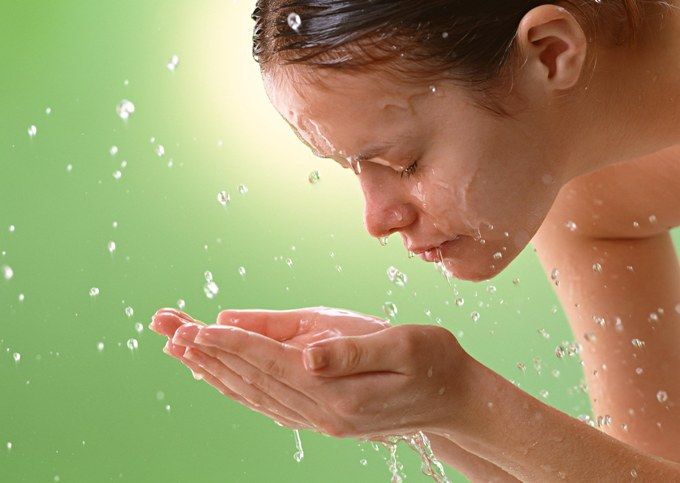New publications
10 ways to keep your skin youthful
Last reviewed: 01.07.2025

All iLive content is medically reviewed or fact checked to ensure as much factual accuracy as possible.
We have strict sourcing guidelines and only link to reputable media sites, academic research institutions and, whenever possible, medically peer reviewed studies. Note that the numbers in parentheses ([1], [2], etc.) are clickable links to these studies.
If you feel that any of our content is inaccurate, out-of-date, or otherwise questionable, please select it and press Ctrl + Enter.
Youth, alas, is not eternal and over time we notice the first signs of aging - fine wrinkles and dry skin, which even expensive creams cannot eliminate.
Don't panic, you must understand that skin aging is a normal process and in fact, the skin is the first "organ" that tells about our age.
Skin aging is caused mainly by two factors – thinning of the epidermis (the top layer of skin) and decreased blood flow to the skin. Bad habits can also contribute to skin aging: excessive sunbathing, smoking, drinking alcohol and poor nutrition.
Unlike those who start to panic and sweep all kinds of anti-aging products off the shelves, there are those who believe that skin aging is inevitable and do not take care of their skin at all. However, neither of them are right. In order to look good and have glowing skin, you need to take care of it, but at the same time, do not go to extremes.
We present to your attention several useful tips from nutritionists and cosmetologists that will help you maintain a blooming and healthy appearance for as long as possible.
This is the number one enemy that ages our skin. Protect yourself from the negative effects of the sun's rays with a cream with a sun protection factor (SPF) of at least 30, and don't forget to moisturize your skin.
- Drink water

Dehydration is no less dangerous enemy and provokes the appearance of wrinkles. In order for the skin to remain elastic and supple, remember that it is important to moisturize it not only from the outside, but also from the inside. Therefore, drink more water so that the skin cells are sufficiently saturated.
- Quit smoking
Smoking causes premature aging of the skin, impairs blood supply and makes the skin flabby and sluggish. In addition, under the influence of nicotine, an enzyme is produced that destroys the elastic layer of the skin and collagen.
Lack of night rest leads to the body producing the stress hormone cortisol, which has a destructive effect on skin cells. Sleep at least seven hours, during sleep the body produces somatropin, a growth hormone, which has a positive effect on the skin, making it elastic and resistant to external factors.
- Sleep on your back
People who are used to sleeping on their side are more at risk of developing premature wrinkles – their number may increase on the chin and cheeks. The same can be said about the habit of sleeping on the stomach – this position can provoke the appearance of wrinkles on the forehead.
- Healthy food
The ecological situation and modern rhythm of life affect the condition of our skin, so it is simply necessary to nourish it with vitamins. The daily menu must include vegetables and fruits, nuts, and whole grain products.
Fight stress, try to avoid situations that cause negative emotions. When we experience stress, our body produces the hormone cortisol, which destroys collagen, causing the number of wrinkles on the face to increase. It also negatively affects the production of hyaluronic acid, the so-called natural moisturizer.
Many women who notice signs of aging on their face turn their attention to anti-aging products, completely forgetting about the necessary moisturizing. Creams that moisturize the skin make fine wrinkles less noticeable and improve the overall condition of the skin.
- Washing

Hard tap water washes away the skin's natural protection - sebum. And in tandem with soap, it also dries out the skin. Wash your face with a special product that suits your skin type.
- Consult a dermatologist
If you want to do a peeling, laser resurfacing, Botox injections or any other cosmetic procedure, in order to avoid unpleasant consequences, first consult a dermatologist who will assess the condition of your skin and advise what can and should not be done.
